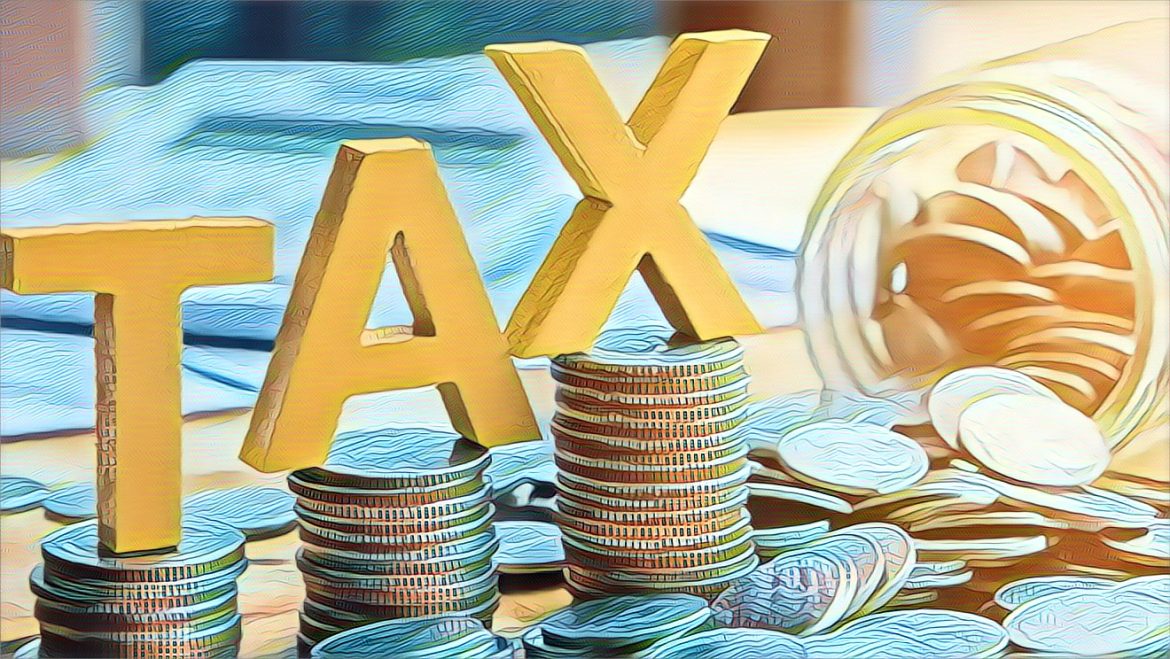The dealers of used electrical appliances in Tema Communities One and Two have expressed dissatisfaction with the high taxes imposed on imported goods, citing this as a factor in the low level of patronage. They claimed that many taxes were levied on their goods, making clearance cumbersome and increasing the prices of their products.
According to Mr. Frank Okyere, a dealer in used goods, the low demand for his products was due to the current state of the economy and the taxes, which also explained the rapidly rising prices of goods. He mentioned cooking stoves, pressing irons, and washing machines as some of the appliances affected by the taxes. He said that a cooker that used to sell for GHS 800 in the past was now selling between GHS 1,500 and GHS 2,000.
Mr. Okyere said that since such commercial dealings were capital-intensive, they could not enter them without a solid financial foundation. He added that some dealers had to resort to bank loans and grants for further funding, which increased their debt burden.
Mr. Nimako Clement, another dealer, said that the taxes were taking a toll on their business and called for assistance. He pleaded with the government to lower import duties since this would benefit many dealers who, by hiring some of the younger generation, also contributed to lowering the unemployment rate.
The dealers’ complaints reflect the challenges many importers and consumers face in Ghana as the country struggles to recover from the economic impact of external shocks and domestic imbalances. According to the World Bank’s latest Economic Update, Ghana’s economy is expected to slow down to 1.5% in 2023 and remain muted 2024 at 2.8% before returning toward its potential growth by 2025.
The report states that the ongoing fiscal consolidation, corrective monetary policies, high inflation, interest rates, and macroeconomic uncertainties will keep private consumption and investment low in the short term. It also recommends that the government sustainably collect more domestic revenue, implement tighter expenditure controls, fully address the energy sector shortfalls, rebuild the financial sector’s capital buffers, and enhance the investment climate.
The Ghana Revenue Authority (GRA) has announced some amendments to its tax policies for 2023, which include a reduction of import duty rates for some categories of goods under the ECOWAS Common External Tariff (CET). The GRA also stated that it would enforce tax stamps on new and textile products at all entry points from October 1, 2023.
The dealers of used electrical appliances hope these measures will ease their burden and improve their sales. They also appeal to the government to consider their plight and give them more incentives and support.
Source: GhanaWeb




